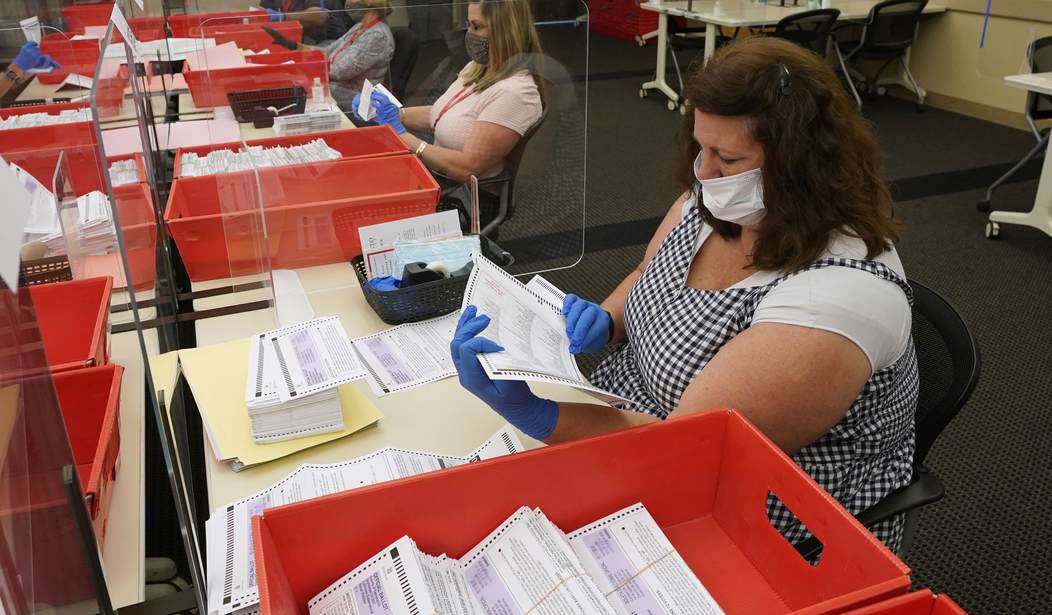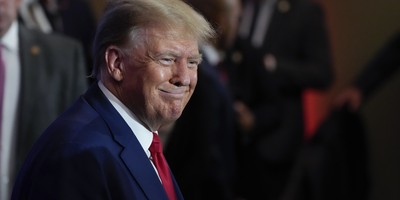The Governor of Pennsylvania has decided to unilaterally implement a system of automatic voter registration that history has proven is filled with many documented problems. Without discussion, debate, an executive order, or the state legislature’s approval, Pennsylvanians will now be affected by a questionable way of preparing citizens to vote.
Automatic voter registration is currently used in 23 states and the District of Columbia. Supporters say it simplifies the registration process and removes barriers to voting, but this is verifiably untrue, and there are many failures of automatic voter registration that make it a deeply flawed system.
When automatic voter registration is implemented, anyone using any state government service, including the Department of Motor Vehicles and others, will be registered to vote, sometimes without being asked.
This policy means the state forces voter registration on you, and suddenly, you are responsible for opting out of the system. It’s like walking into an ice cream store, ordering a sundae, and having the store employees just decide you want sprinkles and nuts without asking you. Sure, after the fact, you can have them take off the sprinkles and nuts, but what gave them the right to do that in the first place without you asking? Messing with my ice cream is bad enough, but for heaven’s sake, don’t mess with my freedom to choose when or if I register to vote. That’s my decision, not the state’s.
The result in states that use automatic voter registration is clear: it does not protect legal votes or legal voters.
Automatic voter registration is susceptible to inconsistencies and errors in the voter registration process. California implemented automatic voter registration in 2018, and in its first year, the system was plagued by foreign hacking, glitches, and a multitude of errors. More than 105,000 errors in registration occurred, including thousands of duplicate voter profiles and the registration of individuals with the wrong party affiliation. Shockingly, more than 4,000 people who explicitly “opted out” of registration were placed on the voter roll anyway, against their wishes. And all of this happened without people being asked if they wanted to register to vote.
Recommended
But perhaps the most alarming consequence of automatic voter registration is the inadvertent registration of non-American citizens to vote in American elections. This result severely threatens the legitimacy of the election system and our most fundamental right as American citizens—the right to choose our elected representatives through a valid vote.
Another major concern is that automatic voter registration increases the opportunity for non-American citizens to be registered to vote because some states do not require individuals to disclose their citizenship status when obtaining a driver’s license or renewing one. In 2018, the Associated Press reported instances of improper registration of non-American citizens in California due to automatic voter registration. Nevada, Minnesota, and other states have been removing citizenship requirements for driver’s licenses while simultaneously implementing automatic voter registration, opening the door to the potential for fraud.
Additionally, automatic voter registration operates on an “opt-out” basis in some states, meaning that individuals are automatically registered unless they actively choose not to be. This approach robs people of informed consent and can be particularly confusing for non-native English speakers, the elderly, disabled individuals, or those unfamiliar with the voting process.
This system also relies on government agencies sharing voter data across different departments, which raises significant privacy concerns. Many citizens may not be aware of this practice and may be uncomfortable sharing their information without consent.
Oregon is another state supporters cite as a success. People going to the state’s DMV are not offered an “opt-out” option at the DMV. Instead, the state sends a mailer out, at taxpayers’ expense, after the automatic registration. This mailer gives residents 21 days to “opt out,” and this approach places the burden on the voter to actively decline registration.
In the 2018 midterm election, only 42% of automatic voter registration voters in Oregon turned out to the polls, compared to a 70% turnout among non-automatic voter registration voters. Automatic registration did not translate into higher voter turnout. But it did result in Oregonians being inundated with opt-out mailers, subjecting those voters to intergovernmental data-sharing of their personal information without their full informed consent and costing taxpayers in the process.
The stated goals of those who support automatic voter registration—to reduce barriers to voter registration and increase civic engagement—may sound good. Still, its implementation has resulted in more inaccuracies and errors, the registration of non-American citizens, limitations on informed consent, and privacy concerns.
The act of voting is a special, sacred gift often paid for with the blood of American patriots that should be revered. Registering to vote so you can participate in our democracy is a unique privilege, but it should not be something the government forces onto you. All potential voters should have the right to decide their level of participation in the process, and no federal or state government should make that decision for you.
Ken Blackwell is the Center for Election Integrity Chairman at the America First Policy Institute and the former Secretary of State of Ohio.
























Join the conversation as a VIP Member